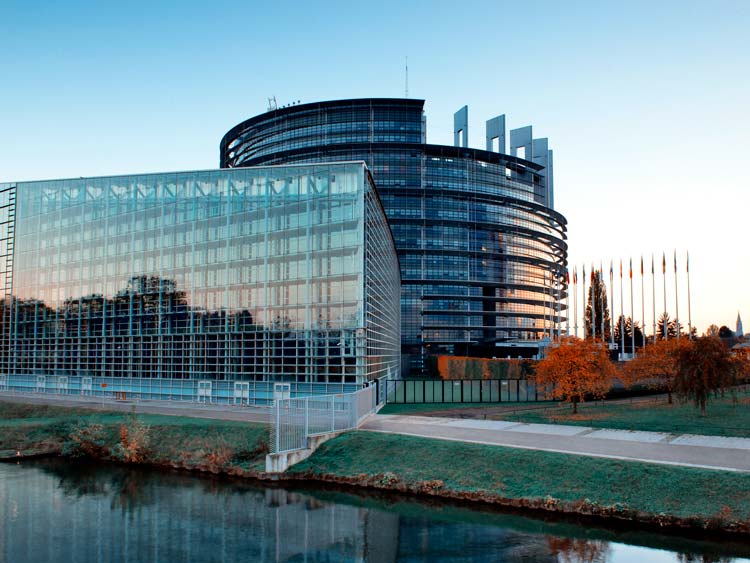Published: 27.10.2016
27 OCTOBER 2016, STRASBOURG – Today, at the RUMRA intergroup Parliamentary meeting in Strasbourg a report was released on the crucial and significant role rural and remote areas can play in reducing Europe’s carbon footprint.
The study, developed by Ecuity Economics and published the FREE initiative, estimates that the potential for rural-remote emissions savings in the EU heating and cooling sector could be as much as 100 Million tonnes (Mt) CO2 by 2030 compared to business-as-usual scenario. The scope of the report examines final energy demand for heating and cooling in EU-28 and how to low-carbon fuels and increasing energy efficiency in building can make a huge impact on improving air quality and reducing CO2 emissions.
19% of EU buildings (40 million households) located in rural areas contributed a staggering 292 Million tonnes (Mt) of CO2 in 2016. This is due to the fact that the most common fuel used for heating and cooling in residential, tertiary and industrial buildings in rural remote areas is coal (38%), followed by biomass (28%), and heating oil (12%). The overdependence of heating on solid and liquid fuels leads to poor air quality in many rural and mountainous areas. For instance, according to OECD, in Piedmont (Italy) or Podlasie (Poland), the estimated exposure to PM 2.5 is as high as in London or Paris.
About the Rural Energy Matters Report
The report aims to provide up-to-date information and identify the key policy challenges that need to be addressed at EU level. Furthermore, it presents recommendations to policymakers in view of the upcoming revisions of key energy legislation.
There is little EU-wide data on rural energy use, but this report attempts to construct an overview based on a collection of different sources, including European Commission statistics and industry reports. The projections made herein should be seen as estimations and illustrative scenarios calling upon legislators, specifiers and influencers to make decisions that improve the current state of rural energy for the benefit of our environment, the economy and society as a whole.
About the Future of Rural Energy in Europe (FREE) initiative
The FREE initiative was launched in 2010 and is funded by SHV Energy, a family-owned company that provides people and businesses with decentralised and personalised energy solutions and services. The FREE initiative is supported by a wide variety of groups and organisations, which are committed to improving the lot and realizing the potential of rural communities through greater energy choice. The aim of the initiative is to promote the use of sustainable energy in rural communities through research, to advise on rural energy solutions and to support rural community initiatives. We want to engage with EU policymakers and influencers to ensure that the specific sustainable energy needs of the EU’s rural population are considered when legislation is proposed.


Recent Comments